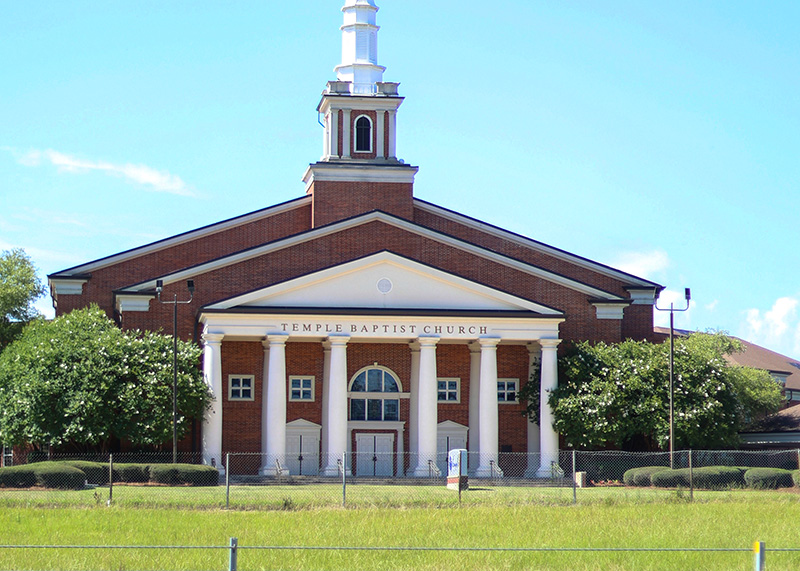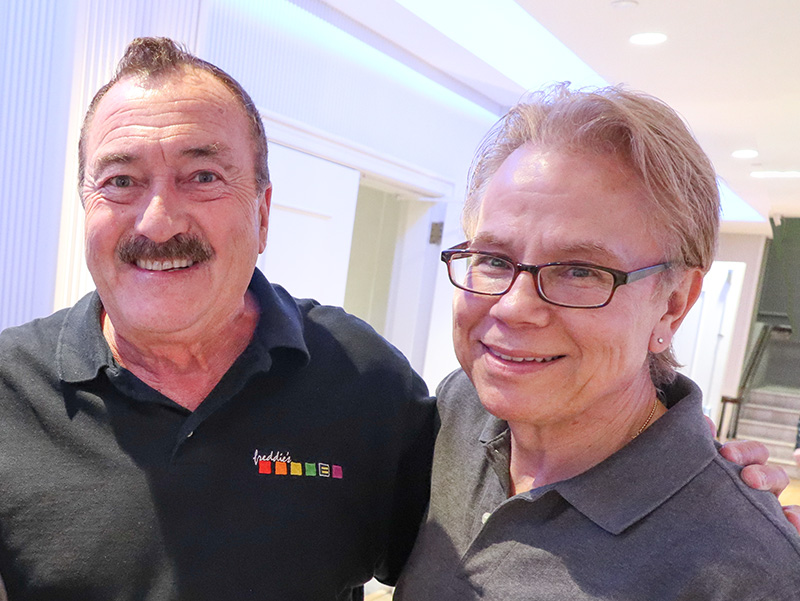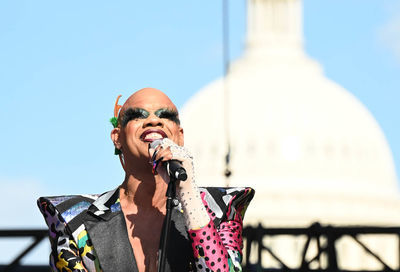Colorado web designer who refused to create sites for same-sex weddings appeals court decision against her
Website designer claims Colorado's LGBTQ nondiscrimination law violates her First Amendment rights

A Colorado website developer is appealing a federal court decision against her as she attempts to challenge the state’s law prohibiting anti-LGBTQ discrimination.
Lori Smith, the owner of 303 Creative, creates graphic designs and websites for houses of worship, political candidates, and weddings, as well as other clients.
She claims that she will do work for LGBTQ clients, but draws the line at creating websites for same-sex weddings.
“As a Christian who believes that God gave me the creative gifts that are expressed through this business, I have always strived to honor Him in how I operate it,” Smith wrote on her company’s page. “Because of my faith, however, I am selective about the messages that I create or promote — while I will serve anyone I am always careful to avoid communicating ideas or messages, or promoting events, products, services, or organizations, that are inconsistent with my religious beliefs.”
Enlisting the help of the anti-LGBTQ legal organization Alliance Defending Freedom, Smith filed a preemptive lawsuit against the Colorado Civil Rights Division and the Colorado Civil Rights Commission, challenging the state’s “Accommodations Clause,” which prohibits anti-LGBTQ discrimination when providing goods or services.
That means that — unlike what happened in the Masterpiece Cakeshop Supreme Court case challenging the same law — no client approached Smith or demanded that she create a gay wedding website, but she wants to ensure that she can’t be forced to create one should she be approached in the future.
According to the Colorado Politics website, Smith also intended to post a statement outlining her opposition to creating websites celebrating same-sex weddings.
In May, a court dismissed Smith’s case on the grounds that she had filed suit before the state took any action against her, and thus, had no grounds to sue.
In September, a federal court ruled against Smith, finding that her proposal to post a statement outlining her objection to promoting same-sex weddings “proposes an unlawful act because it proposes to do something — deny services to same-sex couples — that a different statute, the Accommodations Clause, prohibits.”
Smith’s lawyer, Jonathan Scruggs, denounced the federal court’s decision, saying it relies on the assumption that the accommodations clause is constitutional. But he argues that the clause infringes on the First Amendment rights of people like Smith who oppose homosexuality and believe that providing goods or services for same-sex weddings constitutes an endorsement of the event — in other words, a form of compelled speech.
Alliance Defending Freedom has been behind two other lawsuits in Arizona and Minnesota where Christian business owners have asked for exemptions from nondiscrimination laws that would allow them to refuse to provide services for same-sex weddings.
In the Arizona case, the Arizona Supreme Court found that the owners of Brush & Nib Studio have a right to refuse to make custom-made invitations for same-sex weddings because their products are a form of speech protected by the First Amendment.
In the Minnesota case, the 8th U.S. Circuit Court of Appeals restored a previously-dismissed lawsuit brought by the owners of videography company Telescope Media, who are challenging LGBTQ nondiscrimination protections contained in Minnesota’s civil rights law, utilizing a similar argument.
Rather than appeal to the Supreme Court, Attorney General Keith Ellison and Human Rights Commissioner Rebecca Lucero have decided to fight the lawsuit on its merits in federal court.
As in both the Brush & Nib and Telescope Media cases, Scruggs argues that Smith should have the right to challenge the public accommodations law now, rather than wait to be sued and have the Colorado Civil Rights Commission penalize her for refusing to violate her religious beliefs.
But not all faith organizations are backing Smith in this case. Rev. Amanda Henderson, the executive director of the Interfaith Alliance of Colorado, rejected the rationale behind Smith’s lawsuit.
“A public business must be open to the public,” Henderson told Colorado Politics. “We work to assure that religion is not used as a justification to discriminate. I trust the courts will uphold Colorado law that assures LGBTQ people will not be discriminated against in businesses open to the public.”
Read more:
St. Louis cop who was told to “tone down his gayness” awarded $20 million
Virginia Beach Human Rights Commissioner Kenick El to resign over anti-gay Facebook posts
Support Metro Weekly’s Journalism
These are challenging times for news organizations. And yet it’s crucial we stay active and provide vital resources and information to both our local readers and the world. So won’t you please take a moment and consider supporting Metro Weekly with a membership? For as little as $5 a month, you can help ensure Metro Weekly magazine and MetroWeekly.com remain free, viable resources as we provide the best, most diverse, culturally-resonant LGBTQ coverage in both the D.C. region and around the world. Memberships come with exclusive perks and discounts, your own personal digital delivery of each week’s magazine (and an archive), access to our Member's Lounge when it launches this fall, and exclusive members-only items like Metro Weekly Membership Mugs and Tote Bags! Check out all our membership levels here and please join us today!





























You must be logged in to post a comment.